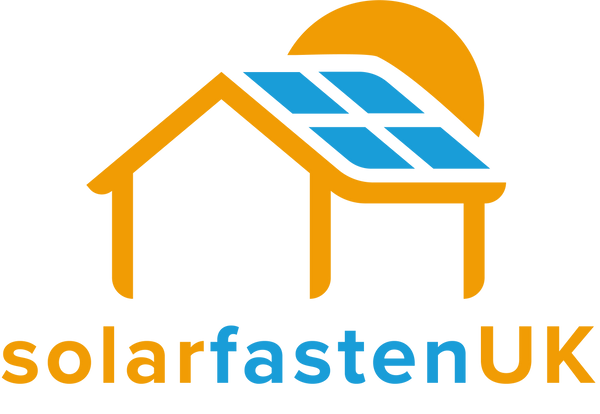
How Long Do Solar Panels Last?
Share
In a world increasingly focused on reducing energy consumption and minimising carbon footprints, solar panels have gained popularity as a clean and sustainable source of electricity. They offer a means to harness energy from the sun with minimal environmental impact and few moving parts. If you're considering installing solar panels to generate your own clean energy, one key question that might be on your mind is: How long do solar panels last? In this article, we'll delve into the factors that influence the lifespan of solar panels, the importance of choosing a reputable brand, and when to consider replacing them.
Start with a High-Quality Solar Panel Brand
Before we explore the longevity of solar panels, it's essential to understand that the brand you choose plays a significant role in their overall lifespan. The quality of the solar panels, how they are manufactured, and how well they are maintained are all crucial factors that determine their durability. Generally, solar panels have a lifespan of around 25 years, provided they are kept clean and free of debris.
The quality of your solar panels matters. Cheaply manufactured panels may use inferior materials, resulting in a subpar product. These low-quality panels can have issues like poorly soldered joints, dodgy electrical connections, exposed wires, poorly applied glue, and low-quality components. They may struggle to handle external factors like extreme cold and may be prone to manufacturing defects soon after installation.
When to Consider Replacing Your Solar Panels
Determining when to replace your solar panels depends on several factors, with efficiency being a key indicator. Most manufacturers and contractors recommend replacing a panel if its efficiency falls below 80%. Monitoring systems built into many solar setups can help track the electrical power produced daily, providing a simple indication if anything is amiss. If your panels' clean energy output decreases significantly, even in ideal conditions, it might be time for a replacement.
Factors Influencing Solar Panel Degradation
Several factors can affect the lifespan of solar panels, including the UK's unique environmental conditions. Here are four types of solar panel degradation:
- Light-Induced Degradation (LID): Excessive sun exposure can lead to LID, causing panels to produce less power. Efficiency stabilises after the initial adjustment period, decreasing by around 1 to 3% per year on average.
- Cold Temperature Degradation: Extremely low temperatures can lead to a drop in power production.
- Potential-Induced Degradation (PID): Long-term exposure to UV radiation can cause degradation, reducing a panel's performance by up to 30%.
- Aging-Related Degradation: Solar panels naturally deteriorate over time due to various environmental factors.
Extending the Lifespan of Your Solar Panels
To prolong the life of your solar panels, consider these tips:
- Choose a reputable installer for proper installation.
- Perform regular maintenance checks, including cleaning the panels and inspecting for damage.
- Replace any failing mounting brackets or system components, like the rails used to mount the solar panels.
- After storms, check for damage caused by hail or fallen branches.
- Conduct visual inspections to identify loose racks, gaps, exposed wiring, or faulty panels.
Solar Panel Degradation Rate
On average, high-quality solar panels degrade by approximately 0.5 to 3% each year. Most retain at least 90% of their output efficiency after 20-25 years.
The longevity of solar panels depends on various factors, including their quality, maintenance, and environmental conditions. Understanding solar panel degradation is crucial for maximising your investment in clean energy. Regular upkeep and choosing reputable components and installers are essential steps to ensure your solar panels continue to generate clean electricity for many years. If you have further questions about extending the lifespan of your solar panels, reach out to the experts at Solar Fasten for guidance.
